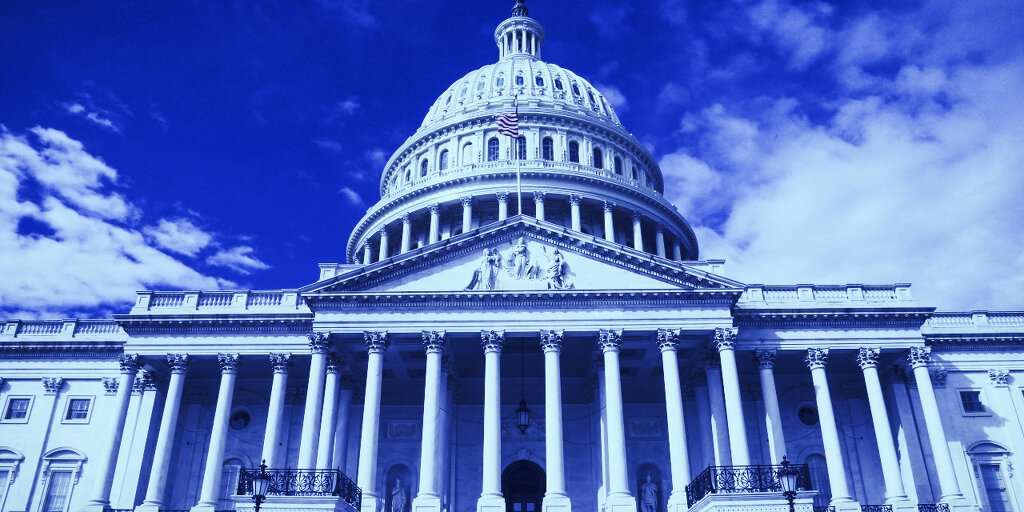Representative Don Beyer (D-VA) introduced legislation to regulate digital assets earlier this week. The legislation, titled the “Digital Asset Market Structure and Investor Protection Act,” aims to protect consumers while simultaneously promoting financial innovation.
“Unfortunately, the current digital asset market structure and regulatory framework is ambiguous and dangerous for investors and consumers. Digital asset holders have been subjected to rampant fraud, theft, and market manipulation for years,” he said.
He added that his bill would start the “long overdue process” of updating the current regulatory framework, affording “basic protections” to digital asset holders and investors.
Unpacking the act
In part, Beyer’s introduced legislation is a reaction to the growing concerns surrounding cryptocurrencies and illicit finance.
“In May 2021, the Colonial Pipeline, which provides gasoline to much of the eastern United States, had its computer system hacked and was forced to pay a $4.4 million ransom in Bitcoin,” Beyer said.
To that end, Beyer’s legislation focuses on the traceability of all transactions, not just crypto. Those transactions which are not recorded on a blockchain will have to be reported to a “registered Digital Asset Trade Repository,” in order to “minimize the potential for fraud and promote transparency.”
The law would also require U.S. regulatory bodies to clarify what kinds of businesses must register as a money services business and those that must register as a securities or commodities exchange. This would also clarify what anti-money laundering requirements are incumbent on specific companies in the digital asset industry.
Among other requirements, digital assets and digital asset securities will fall under the regulatory remits of the Commodity Futures Trading Commission (CFTC) and the Securities and Exchange Commission (SEC) respectively.
Those calling for consumer protections in crypto may finally be vindicated.






















